the truth. Brodsky, like every other genuine poet, lives in his language. No
commissar, no fuhrer can banish him from there.
of the Soviet literary establishment, so be it. Their respectability was
bought with a shameful silence. In service to an ephemeral state, they kept
quiet about the disappearance of entire libraries. They pretended to forget
all the poets and storytellers who were shot in the head or forced to confess
to the crime of literature.
as a young man. The judge who sentenced him asked Brodsky who had authorized
him to be a poet. Responding with the impertinence proper to a scion of a
poetic line that traces back to Francois Villon, Brodsky told the judge that
nobody had authorized him to be a human being.
___
Prize-winning poet once sentenced to hard labor in the frozen tundra,
died of a heart ailment in the United States, where he had lived in
exile for over 20 years.
home Sunday with his wife and child by his side, said Roger Straus,
his publisher at Farrar, Straus and Giroux. He was 55.
five-year sentence for hard labor in the frozen Archangelsk region of
the Soviet Union for writing poetry without academic qualifications.
1965 after serving 18 months -- and also helped widen his fame.
said Duffield White, professor of Russian at Wesleyan University in
Connecticut. White once recalled being mobbed at a Moscow concert when
word got out he knew Brodsky.
Reuters the Nobel Prize-winner's work is "at once personal and
social, reflecting his detestation of tyranny."
Hungarian revolution and determined to go his own way, Brodsky, who
left school at 15 to work as a laborer, rejected a state that claimed
to have all the answers:
world? In fact, a proven truth,/ to be precise, is not a truth at all
-- it's just a sum of proofs. But now/ what's said is `I agree,' not
`I believe,'" he wrote.
linguistic brilliance and were circulated widely underground, finally
prompting Soviet authorities to expel him in 1972.
Prize for Literature.
was "a majestic writer, with an absolutely fantastic reputation... He
was a very compelling and warm person, complex and extremely
endearing."
___
Leningrad in 1940. At the age of 15, he dropped out of school and took
a variety of odd jobs while he began writing poetry. In 1964, the
Soviet Government labeled him a militant parasite and sent him to an
arctic labor camp for 18 months. Seven years later he was deported
from the Soviet Union and came to the United States, where he now
lives in New York City. Last year, he won the Nobel Prize for
literature for poetry and essays. His most recent collection of poetry
titled "To Urania" was published earlier this year by Farrar, Straus
and Giroux. Mr. Brodsky, you are an American citizen now. What do you
think of the democratic or the exercise in democracy that we have just
been through?
adequate simply as individual... well, that is... how should I put it?
I guess I should think about what I'm saying. I lost my heart... that
is not lost my heart... I lost interest in the Governor of
Massachusetts when he dropped Jackson. That wasn't a Democrat for me.
And I never developed a sentiment for Mr. Bush because I haven't heard
from him any sort of coherent or anything interesting, anything... or
any sort of attractive, even grammatical sentence.
country, Mikhail Gorbachev, in these terms.
terribly eloquent. Well, he has another weakness of course. He doesn't
know where to stop. Well, in fact, there is ... there is a term now
existing in the Soviet Union about the man, himself, that he prattles
the Perestroika down.
too many words... that is he's a bad rhetorician, he's a bad orator.
of the so-called reforms in the Soviet Union have there and here. How
do you explain that?
exactly disdainful. I'm pleased that changes do occur, so that I don't
harbor that much of a hope for these changes, that is, they are
improvements in comparison to what I'm used to. Well, I can speak only
about my feelings with any degree of expertise, the things that I
know, so I never thought we'll see the dark print, though they do see
the light of day now and this is obviously an improvement. But the
point is. the point is that the... all these attempts are in my view
attempts to regalvanize a doomed concept.
in any way imprisoned by the need to dislike what you were, what you
escaped from, what you were exiled from? Are you locked into a need to
disparage what happens there because of it?
that... how should I put it... how should I put it best... I suppose
the whole thing left a very bad taste in my mouth not on my own
behalf, because I don't really care for myself so much... and I'm
saying that without any country... it's simply because, well, one I
will always get even and I'll always find some mental comfort or
indeed a physical comfort as it were. But there are lots and lots of
people whose lives, entire existences, have been subjected to that
inescapable idiom. They can't alter their lives. The system... the
system has compromised itself enormously, though it's subjected lots
and lots... well, lots... millions, generations of people to the
course of events, to the course... to the types of existences, to the
types of lives, which they couldn't have altered, they couldn't have
changed the plight. And I simply, well, I'm not even talking about the
crimes, I'm not talking about the terror, I'm not talking about the
victims, I'm not talking about the camps. I am simply talking about
the subverted lives; well, subverted lives and generations of
Russians. And I simply can't... well, I'm answering your question not
exactly in a direct way, I realize that... but that informs my... that
informs my disdain for the entire system.
other day it is very important for these reforms to succeed, that the
West should help Gorbachev make them more concerned?
from the inside. If you're inside you want reform, of course, but I am
not a reformer. I want a drastic change, 180 degrees, whatever it is.
Even that is not, may not work, because I think the 70 years have done
something. I don't believe in the reforms. I'll tell you very simply
why. Because I think what the 70 years of this system have done, I'm
afraid. They have a debilitating effect upon the population's will in


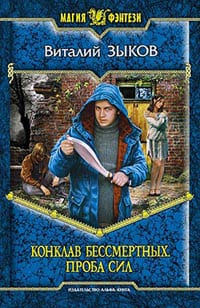
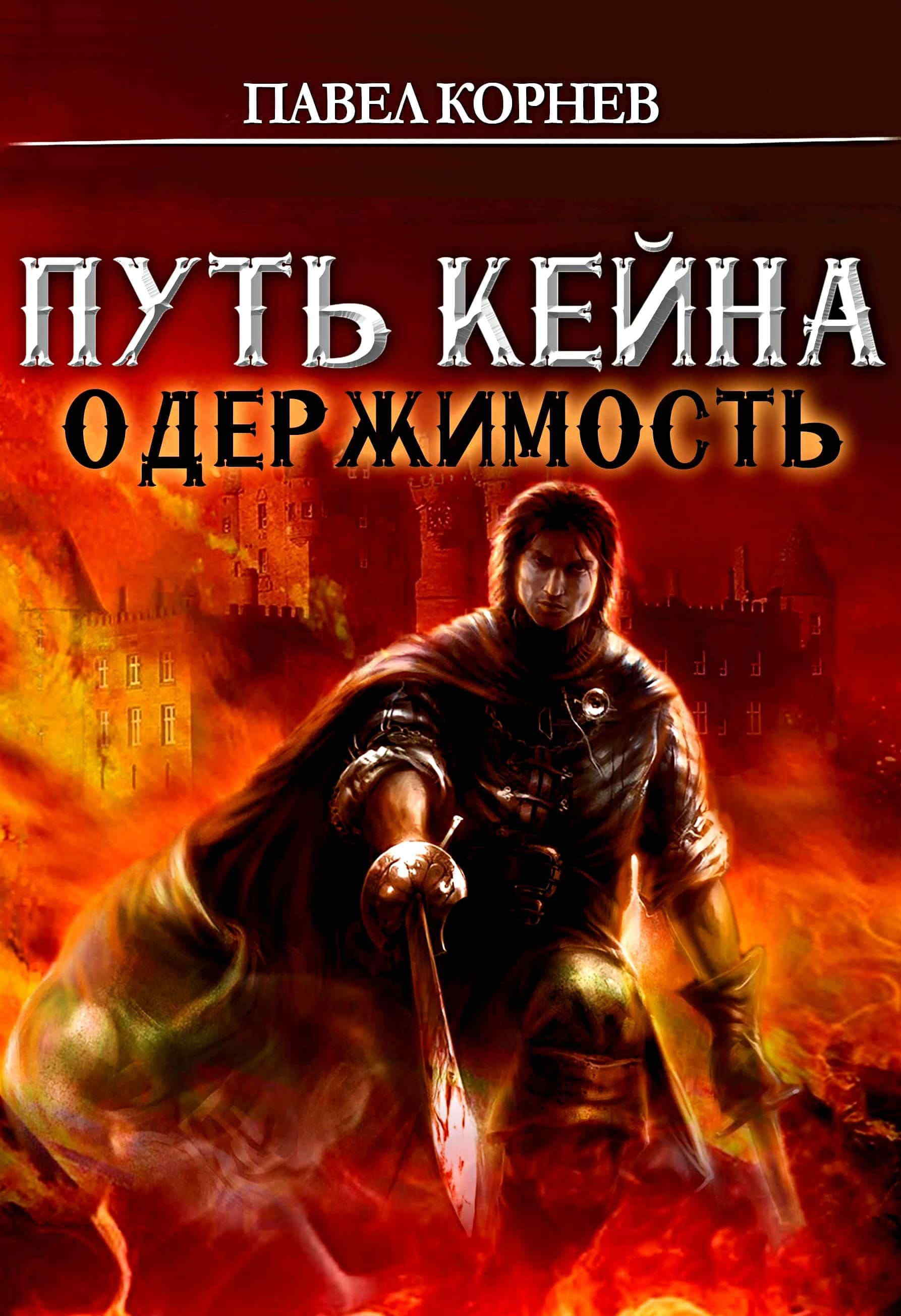
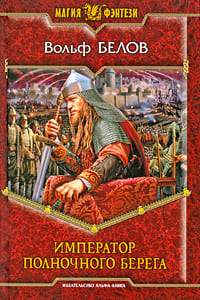
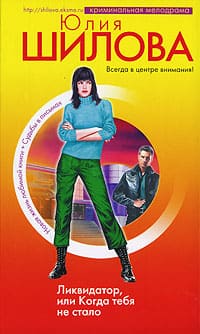
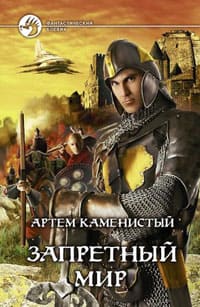 Каменистый Артем
Каменистый Артем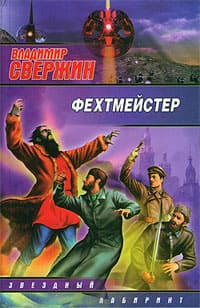 Свержин Владимир
Свержин Владимир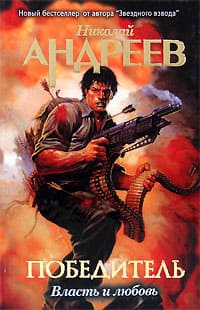 Андреев Николай
Андреев Николай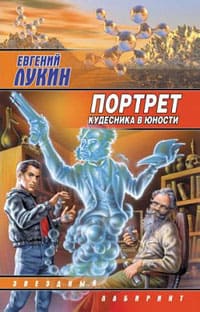 Лукин Евгений
Лукин Евгений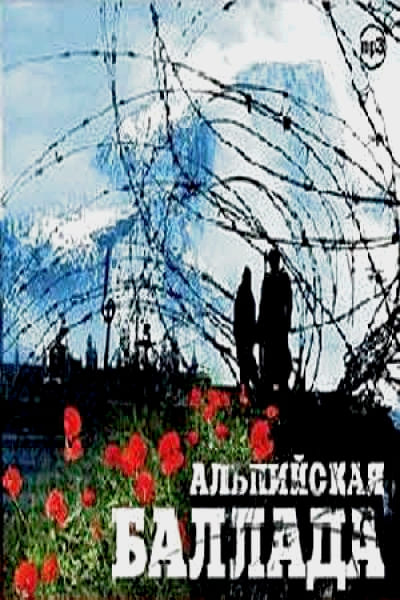 Быков Василий
Быков Василий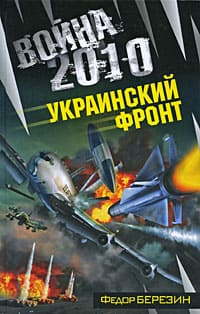 Березин Федор
Березин Федор